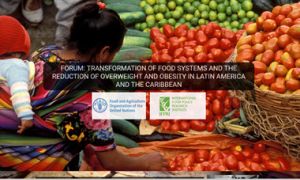Conditional cash transfers and high school attainment: Evidence from a large-scale program in the Dominican Republic
Conditional cash transfer (CCT) programs are widely implemented in developing countries but evidence of their medium- and long-term effects on educational achievements is still relatively scarce.

